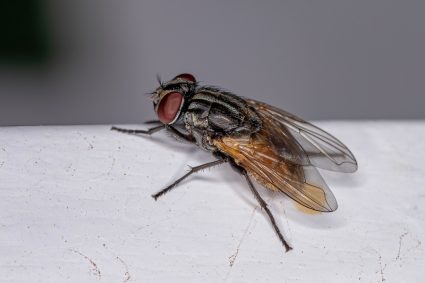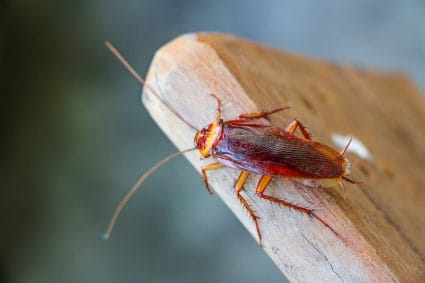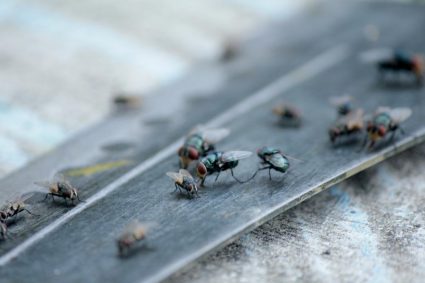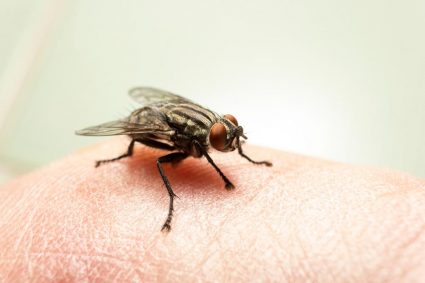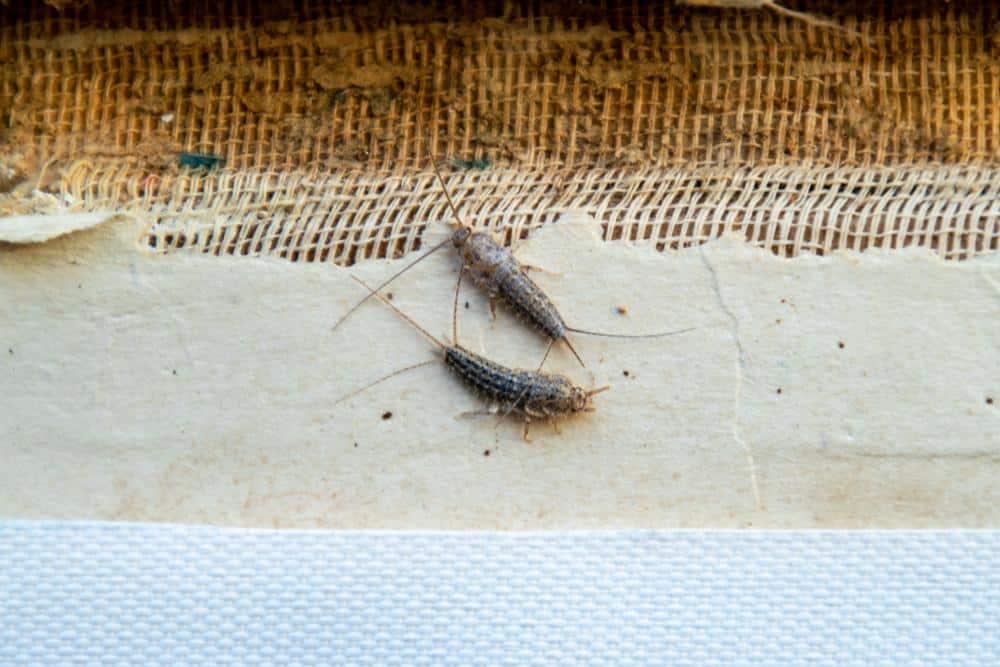
Silverfish are small, wingless insects known for their silver-blue color and fish-like movements. They are common household pests and can cause damage to your belongings, such as books, wallpaper, and clothing. However, many people often wonder: do silverfish bite? What does a silverfish bite look like?
Silverfish do not typically bite humans due to their weak jaws. However, in extremely rare cases, some people have reported symptoms similar to an ant bite, such as itchiness, sharp pain, and red marks on the skin. These symptoms might not necessarily be caused by a silverfish bite but could be a result of contact with the insect. Therefore, it’s difficult to definitively describe what a silverfish bite looks like.
Do Silverfish Bite Humans?
Contrary to some beliefs, silverfish are not known to bite humans. They have weak jaws that are not capable of piercing human skin. While they can be a nuisance due to the destruction they can cause to your household items, they pose no direct threat to humans. They do not carry diseases and are not venomous.
What are the Characteristics of a Silverfish Bite?
Although silverfish bites are extremely rare, some people have reported experiencing symptoms similar to an ant bite, including itchiness, sharp pain, and red marks on the skin. However, these symptoms might not necessarily be caused by a silverfish bite but could be a result of contact with the insect.
Symptoms of an Insect Bite
Insect bites can vary in symptoms, but some common ones include:
- Pain at the site of the bite or sting
- Redness, swelling, or itching around the bite
- A small, swollen lump on the skin, which may be red or hard
- In some cases, blisters or welts may form
- Numbness or heat around the site of the bite or sting
- Muscle pain, stiffness, or joint pain
- Abdominal pain, nausea, or vomiting
If you experience more severe reactions such as difficulty breathing, dizziness, or a fast heart rate, these symptoms may indicate an allergic reaction and require immediate medical attention.
Preventing Silverfish Infestations
To avoid silverfish bites and infestations, it’s best to take preventive measures. Here are some tips:
- Keep your home clean and dry, especially in areas like basements, laundry rooms, and bathrooms, where silverfish are more likely to thrive.
- Vacuum and dust your home regularly to remove potential food sources for silverfish.
- Store food items, especially dry goods like cereals, flour, pasta, and pet food, in airtight containers.
- Repair any leaks or moisture issues in your home, as silverfish are attracted to damp environments.
- Seal gaps, cracks, and holes in your home’s exterior to prevent silverfish from entering.
- Use dehumidifiers in damp areas to reduce humidity levels.
- Spread diatomaceous earth (DE) in areas where silverfish are likely to be found. DE is a natural product containing ground-up fossils that can help control silverfish populations.
- If you notice a silverfish infestation, consider contacting a professional pest control service.
In conclusion, silverfish do not pose a direct threat to humans as they do not bite or carry diseases. However, they can cause damage to your belongings, so it’s important to take preventive measures to avoid silverfish infestations.
Frequently Asked Questions
What do silverfish eat?
Silverfish are omnivorous and feed on a variety of things. They are known to consume carbohydrates such as sugar or starches, and protein-based materials like dead insects, dandruff, and hair. They can also eat cellulose found in paper products, cotton, and linen.
How long do silverfish live?
Silverfish can live for a long time compared to other insects. Their lifespan typically ranges from 2 to 8 years.
Can silverfish infestations cause allergies?
While silverfish themselves do not cause allergies, their molted skins and feces can contribute to dust that may trigger allergic reactions in some individuals.
Are silverfish nocturnal?
Yes, silverfish are nocturnal creatures. They are most active during the night and tend to hide during the day.
Can silverfish swim?
Despite their name, silverfish cannot swim. They are named for their silvery-blue color and fish-like movements when they crawl.
Can silverfish climb walls or ceilings?
Yes, silverfish are capable of climbing walls and ceilings. They can even crawl into unsealed cracks or holes in these areas.



